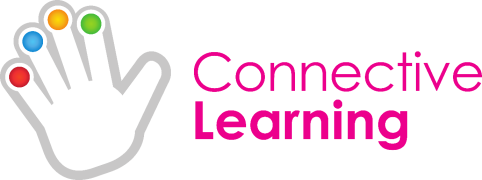A wide range of difficulties is associated with dyslexia and it would be unusual for a person with dyslexia to exhibit all of them. Symptoms vary from person to person without a common pattern and some of the difficulties may sometimes be observed in a person without dyslexia. It is a cluster of difficulties that might lead one to suspect dyslexia and these might include the following:
- Slow reading progress
- Erratic or poor spelling
- Reversals of letters, words or figures (eg d for b, saw for was, 6 for 9)
- Difficulty remembering a long message or carrying out more than one instruction at a time
- Poor development of spoken language and mispronunciations
- Difficulty keeping up with dictation or copying from the board
- Confusion of small words (eg a, the, of, for, and, but)
- Difficulty understanding what s/he has just read
- Visual aberrations such as words appearing to squash together or to move about
- Untidy or unintelligible handwriting
- Very slow handwriting with poor pencil grip
- Difficulty with tying shoe laces, buttoning clothes
- Confusion of left and right
- Poor concentration span for reading and spelling
- Unusually clumsy
- Word-finding difficulties
- Difficulty understanding time and tense
- Difficulty learning sequences (eg alphabet, months of the year, days of the week, times tables, own address or birthdate)
- Able to read a word, then fail to read it further down the page. Spell a word in different ways within the same piece of work
- Poor organisational skills – timetabling, timekeeping, remembering necessary equipment
- Lack of confidence, poor self-esteem
